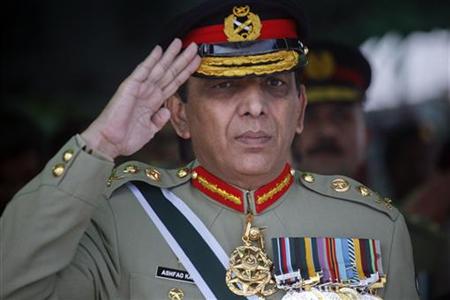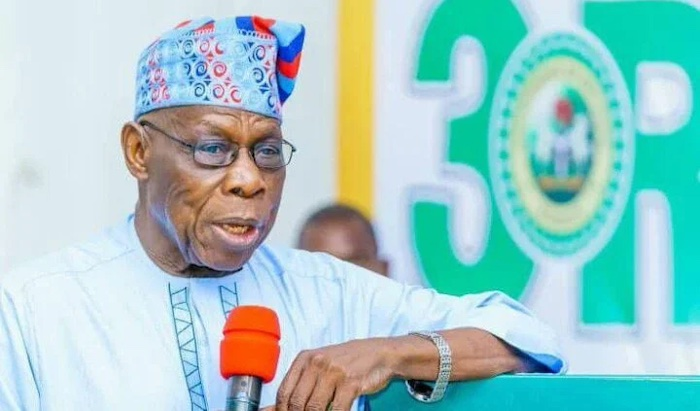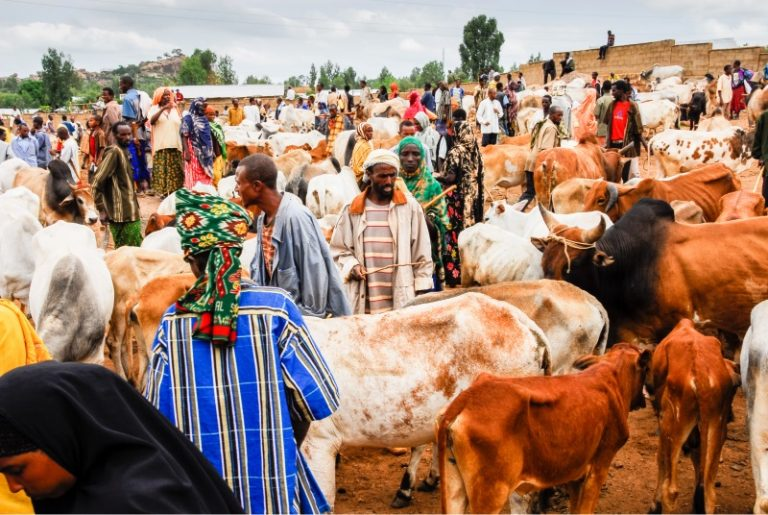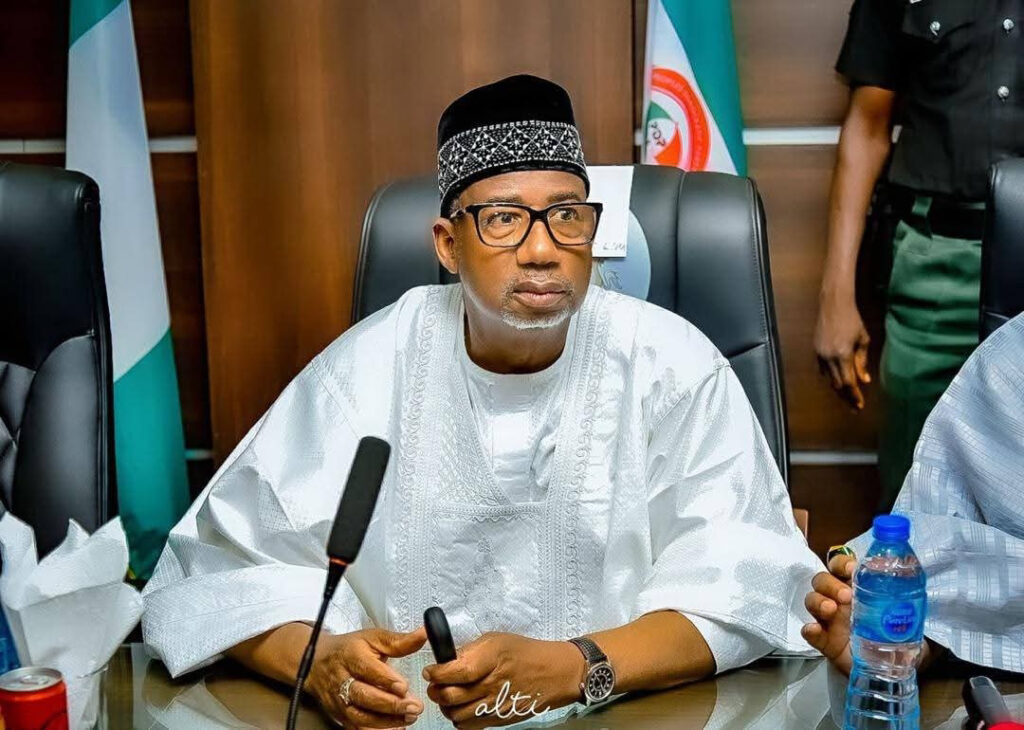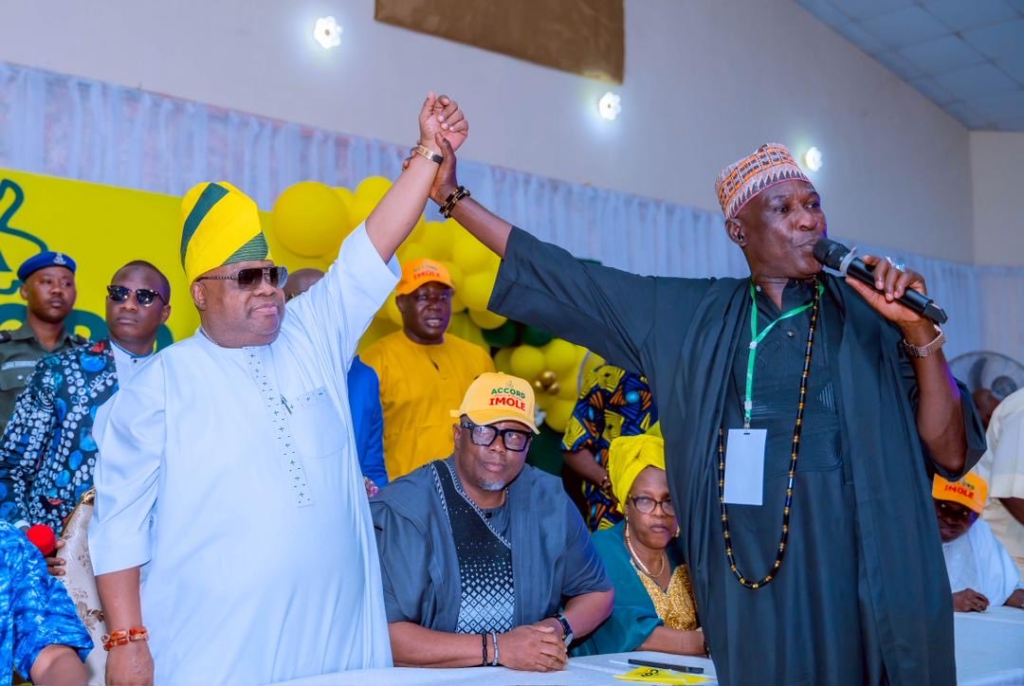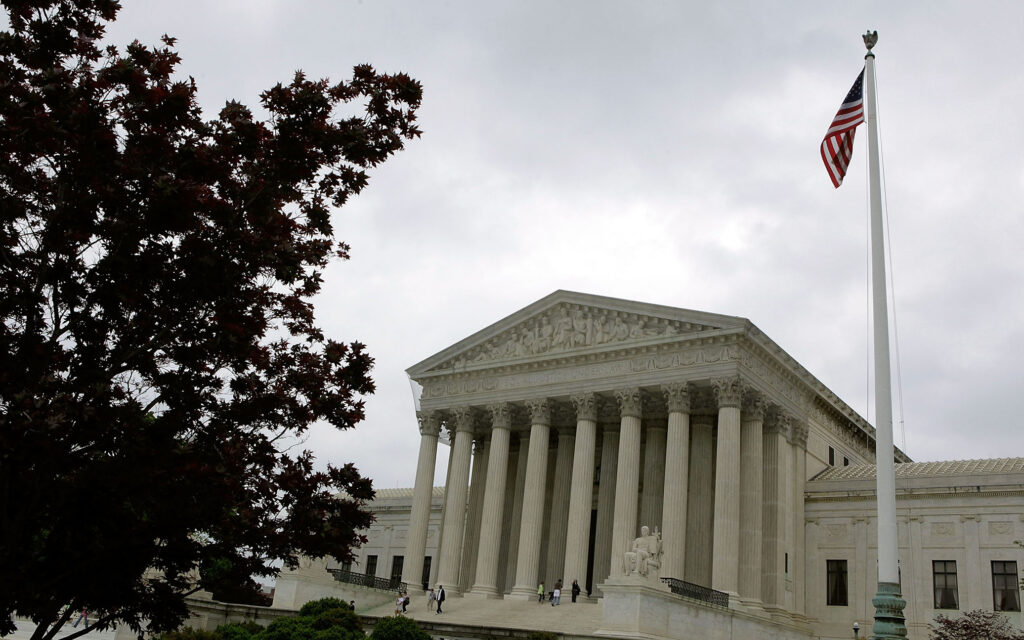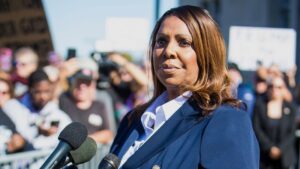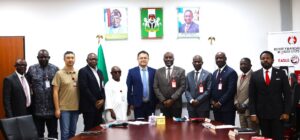In a surprising turn of events in Pakistan’s elections, independent candidates linked to imprisoned former Prime Minister Imran Khan have secured the majority of seats, defying expectations. As the two main contenders, Imran Khan and another ex-Prime Minister, Nawaz Sharif, both claim victory, the uncertainty has prompted Pakistan’s powerful army chief, General Asim Munir, to call for unity and the abandonment of “anarchy and polarisation.”
Most results have been announced, but 14 National Assembly seats in Balochistan province are yet to be determined. Imran Khan, currently jailed on various charges, including leaking state secrets, corruption, and an unlawful marriage, released an AI-generated video rejecting Sharif’s claim and urging supporters to celebrate.
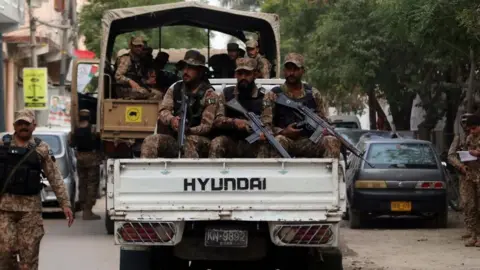
While about 100 winning candidates are independents, backed by Imran Khan’s PTI party, Nawaz Sharif’s PML-N won 71 seats, and the PPP of Bilawal Bhutto Zardari secured 53. Talks of forming a unity government have begun, and the final outcome remains uncertain.
The international community, including the US, UK, and EU, expressed concerns about the fairness of the election. UK Foreign Secretary David Cameron raised “serious concerns” about the fairness and inclusivity of the polls. However, Pakistan’s foreign ministry dismissed these concerns as “not even factual,” emphasizing the complexity of the electoral process and the enthusiastic exercise of the right to vote by millions of Pakistanis.
Amidst the election, there were reports of violence, including the shooting and injury of former National Assembly member Mohsin Dawar in North Waziristan. Additionally, protests erupted in Gwadar, Balochistan, with some voters alleging irregularities in vote counting. The situation remains tense as political players maneuver to shape the post-election landscape.

